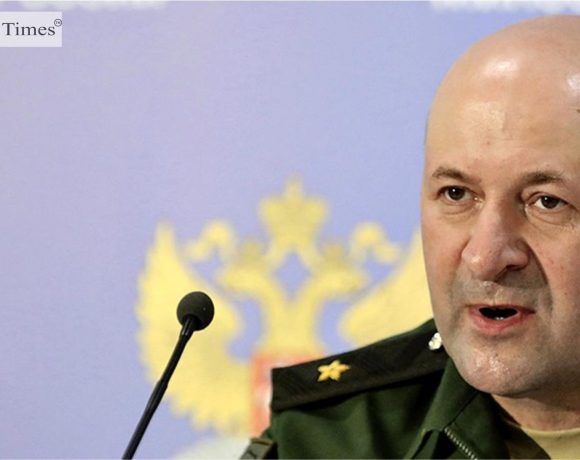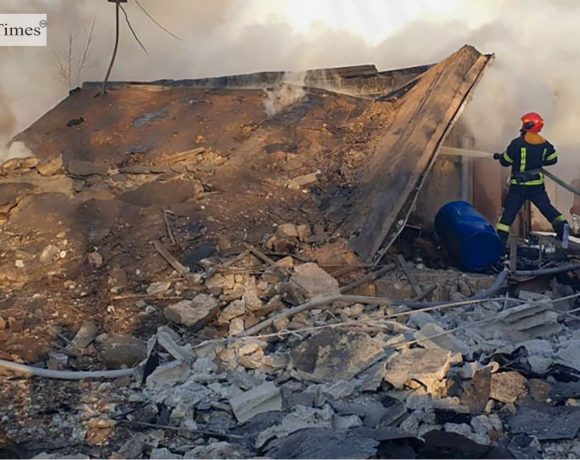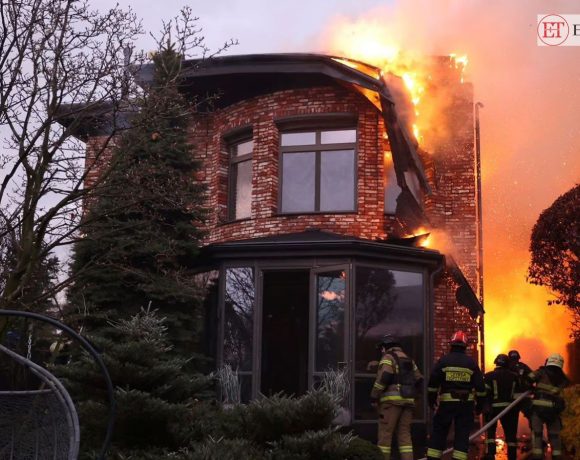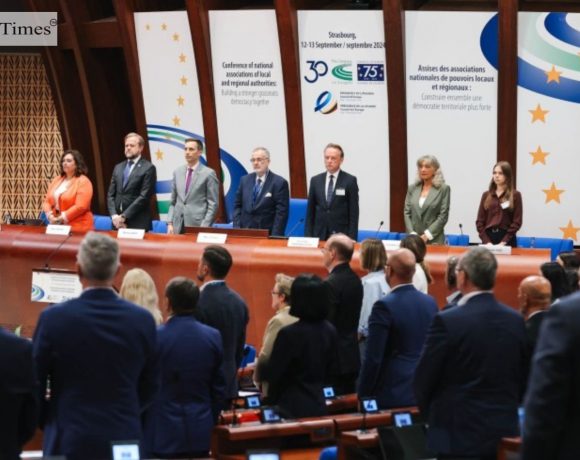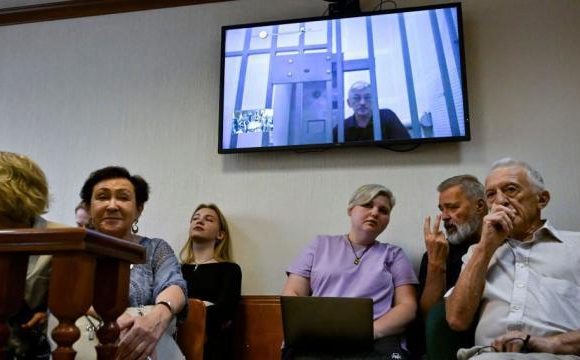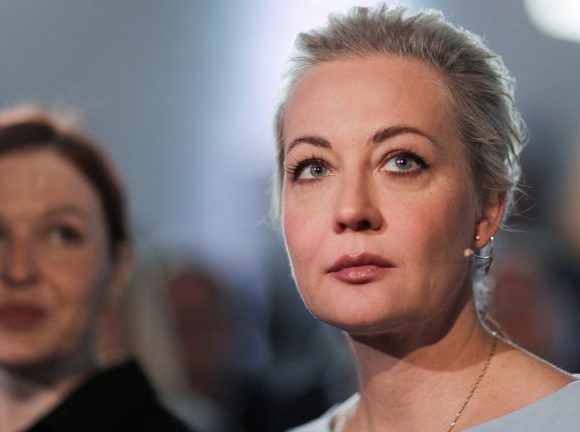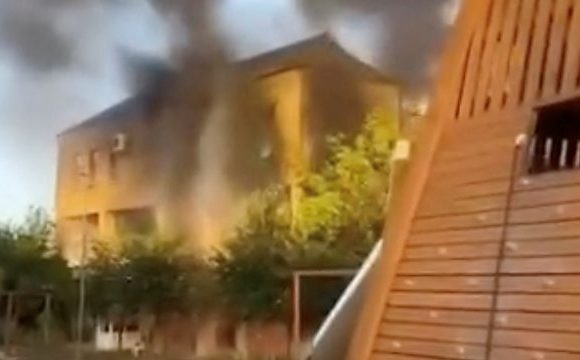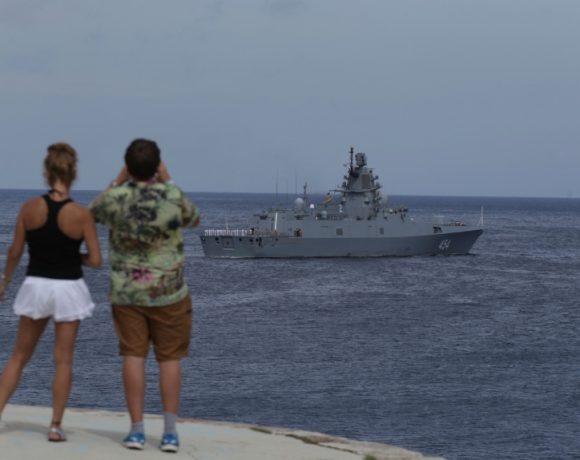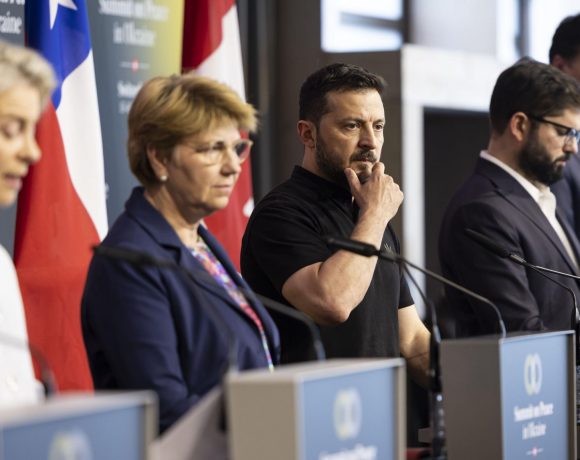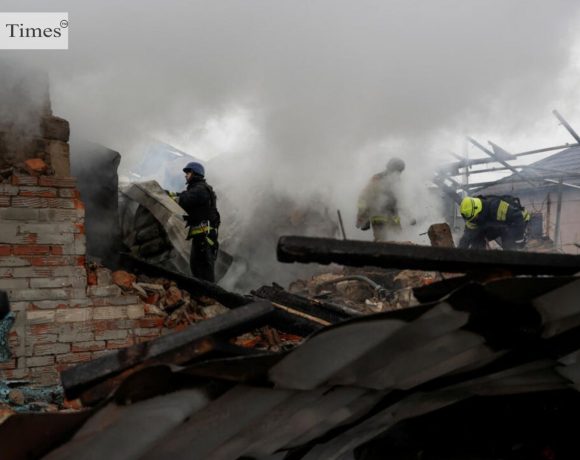
In a brutal escalation nearly three years into the war, Russia launched a large-scale attack on Ukraine’s energy system and cities on Christmas Day, using over 70 missiles, including ballistic ones, and more than 100 drones. Ukrainian President Volodymyr Zelenskiy condemned the assault as “inhuman,” citing deliberate strikes on critical energy facilities in freezing temperatures. The attacks killed one person in the Dnipropetrovsk region, injured six in Kharkiv, and left 500,000 people in Kharkiv without heating. Ukrainian air defenses reportedly intercepted 59 missiles and 54 drones overnight and into Wednesday morning.
Russia’s Defense Ministry confirmed the strikes, claiming they targeted energy facilities supporting Ukraine’s military-industrial complex. However, Ukrainian officials called for international support, with DTEK, Ukraine’s largest private energy company, describing the incident as state-sponsored terrorism. U.S. President Joe Biden denounced the “outrageous” attack and pledged to expedite further military aid to Ukraine, while U.S. Ambassador Bridget Brink decried the attack as “Russia weaponizing winter.”
Meanwhile, a missile crossed into Moldova’s airspace during the assault, drawing condemnation from Moldovan President Maia Sandu. The timing of the attack—during Ukraine’s newly adopted December 25 Christmas celebration—marks a symbolic move away from the Russian Julian calendar tradition and underscores Russia’s intensified winter campaign against Ukrainian infrastructure.
Pic Courtesy: google/ images are subject to copyright

